On the afternoon of July 3, the special forum of 2024 Global Digital Economy Conference - EuroAsia Pakistan Digital Economy Forum, was successfully held at the China National Convention Center in Beijing.
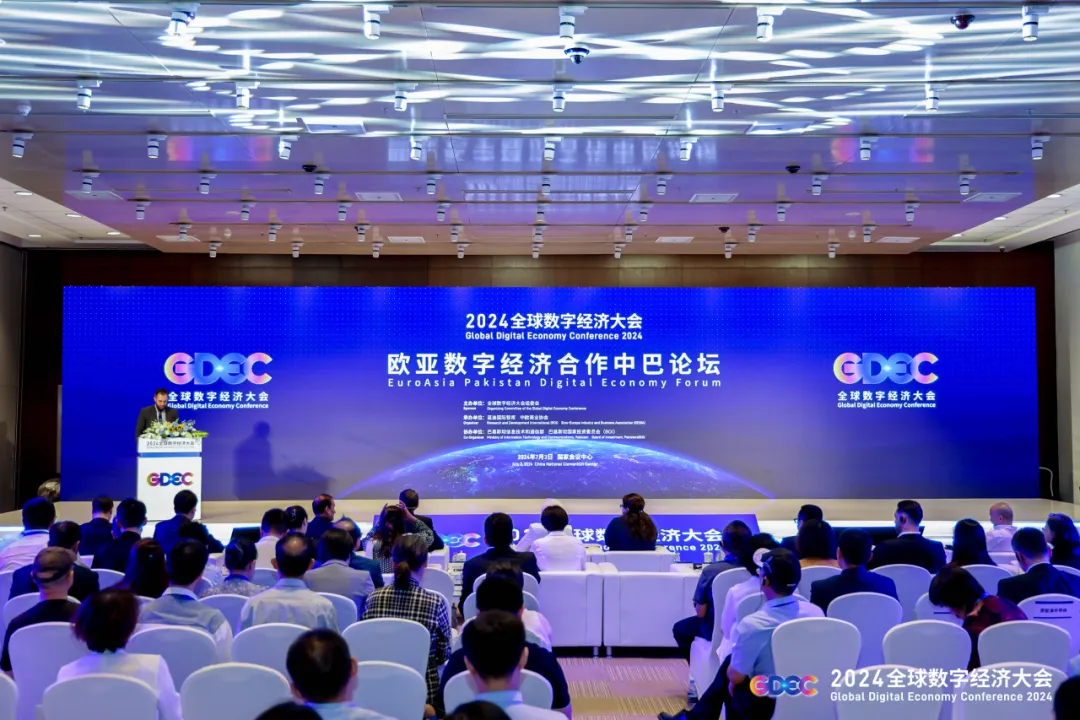
The EuroAsia Pakistan Digital Economy Forum is organized by the Organizing Committee of the Global Digital Economy Conference, RDI and China Europe Business Association, and co-organized by the Ministry of Information Technology and Communications of Pakistan and the National Investment Commission of Pakistan, with the aim of creating an exchange platform for China, Pakistan and even EuroAsia Pakistan Digital Economy Forum to strengthen the cooperation in the digital economy.
Xinchao XU, Deputy Secretary General of Beijing Municipal Government, attended the forum and delivered a speech. Pakistan's Minister of Information Technology and Communications Shaza Fatima Khawaja, Vice Chair of Foreign Affairs Committee of 12th National People's Congress, Chair of Advisory Committee of Research and Development International (RDI) Congress, and recipient of Pakistan's National Medal of Honor “Order of the Crescent of Excellence” Baige ZHAO, and NXP Semiconductors' Senior Vice President Markus Staeblein delivered keynote speeches respectively. Keynote Speeches. More than 200 people from Pakistani government agencies, entrepreneurs from some Eurasian countries, people in charge of some provincial and municipal industrial parks and enterprise representatives, and representatives of key news media attended the forum.
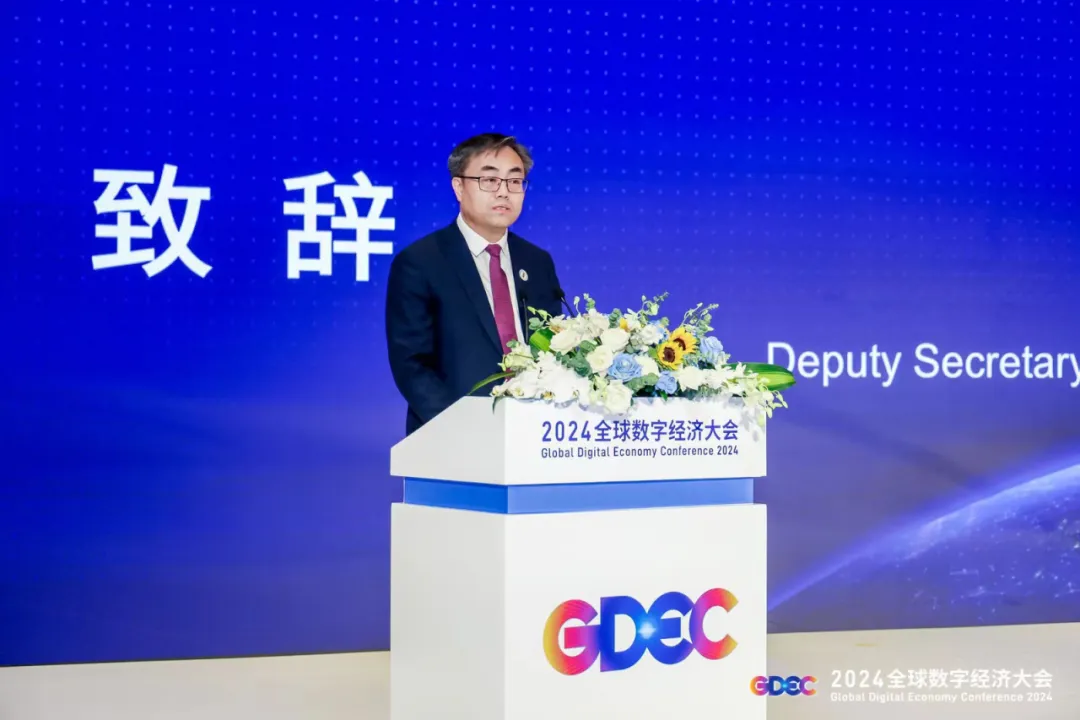
Xinchao XU said in his speech that Beijing, the capital city of China, has always been at the forefront of China's digital economy development and insists on the goal of “building a benchmark city for the global digital economy”. In recent years, Beijing has made a series of important breakthroughs in the field of digital economy, and is making every effort to build a more open and inclusive digital economy ecosystem, and actively exploring new modes of digital economy governance. He pointed out that deepening the Eurasian digital economy cooperation should focus on the following aspects: first, strengthening cooperation in digital technology innovation; second, promoting the development of digital trade; third, deepening cooperation in digital governance; and fourth, promoting the exchange of digital talents.
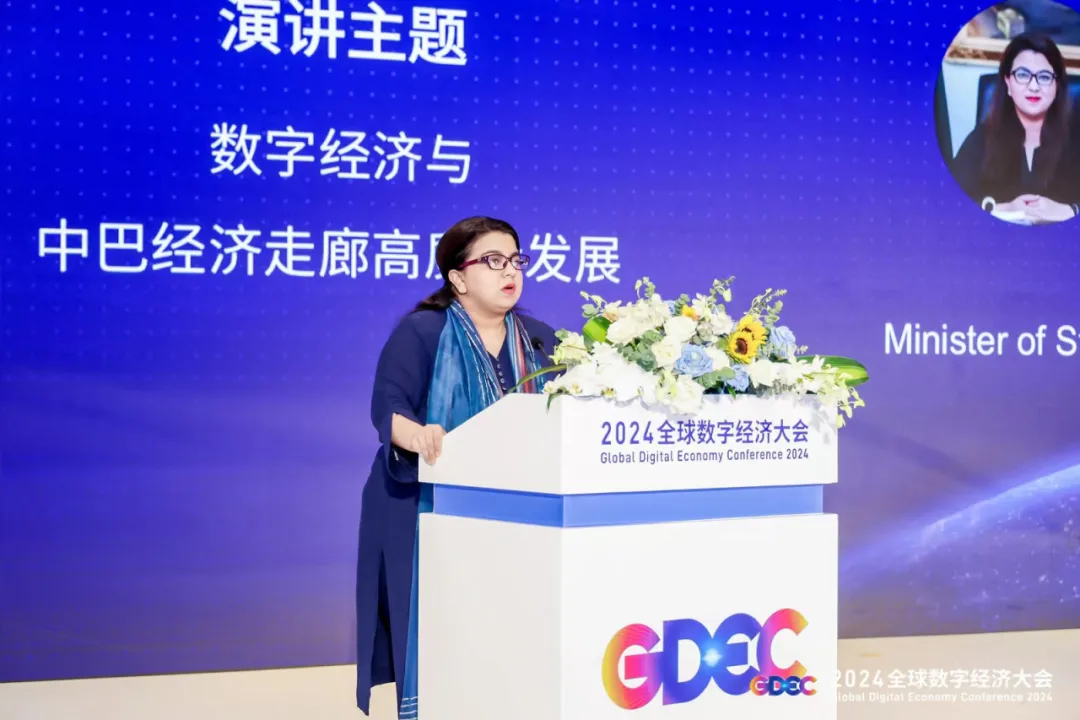
Shaza Fatima Khawaja said that the China-Pakistan Economic Corridor (CPEC) is the cornerstone of our bilateral relations, in which the convergence and development of digital technologies will play a decisive role. Pakistan and China are gearing up to open a new phase of cooperation in the field of information technology and telecommunications. Through strategic partnerships, joint ventures and knowledge exchange initiatives, China and Pakistan are leveraging each other's strengths to unlock new opportunities for growth and development. She emphasized that Pakistan is now accelerating its digital transformation and realizes the importance of infrastructure development, regulatory frameworks and investment incentives in this process. She hoped to promote the integration of the infrastructure of the China-Pakistan Economic Corridor with its own technological goals to accelerate digital transformation and jointly advance the realization of the digital vision of China and Pakistan.
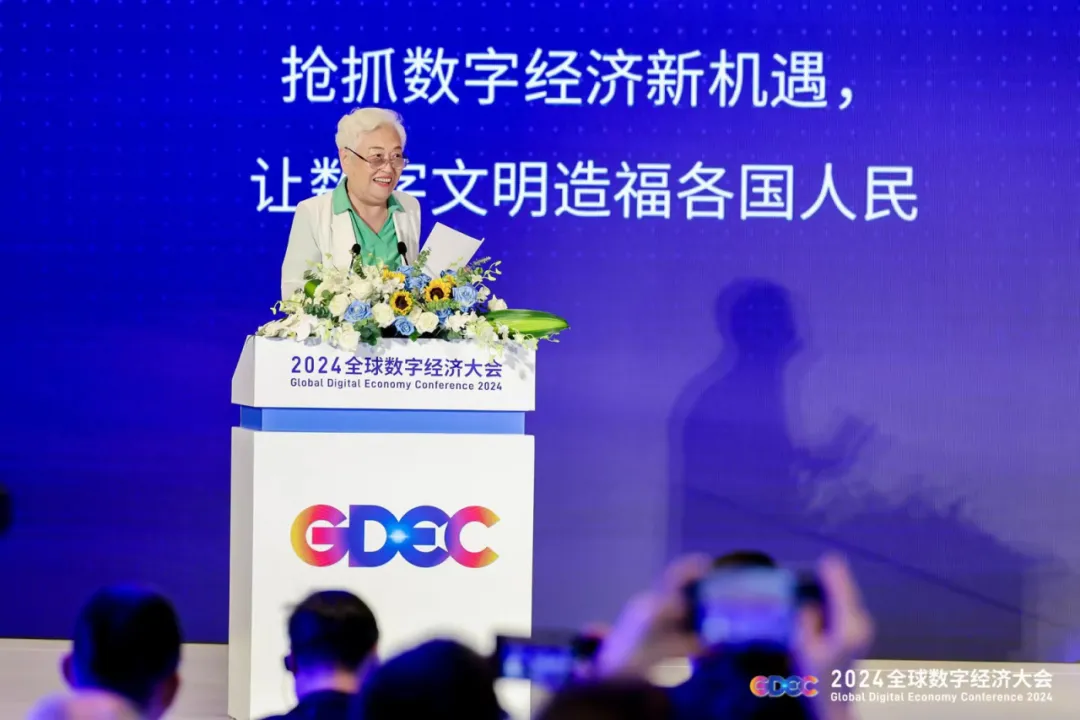
Baige ZHAO pointed out that digital economy is the future development direction of the world, and the EuroAsia Pakistan Digital Economy Forum creates an exchange platform for China, Pakistan and even EuroAsia countries to strengthen cooperation in the digital economy, and is willing to join hands with all parties to seize new opportunities in the digital economy, so that the digital civilization can benefit the people of all countries. According to Baige ZHAO, the development of digital economy is a new highlight of the cooperation between China and Pakistan, which will lead the two countries to a new realm of connectivity. Zhao suggested that in order to effectively break the digital divide, talent shortage, data security and other global challenges facing the development of digital economy and release digital dividends, we should vigorously promote the linkage of digital infrastructure, accelerate the expansion of digital consumer market and the development of digital application scenarios, strengthen the cultivation of digital talents, and build an effective digital capital market.
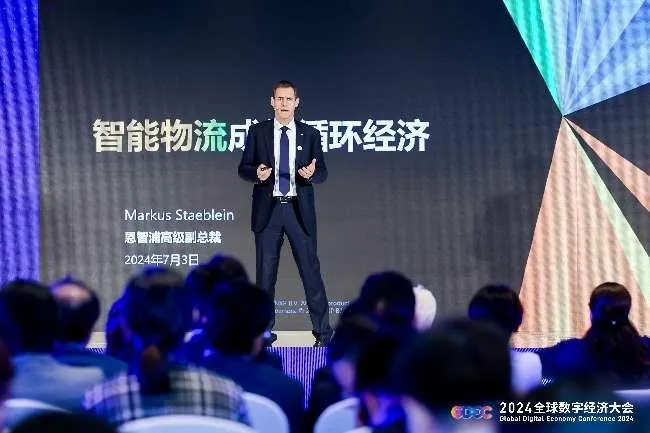
Markus Staeblein said that smart logistics has huge market potential to drive circular economy transformation by enabling efficient inventory management based on RFID technology, recycling and sharing of recovered packaging and real-time tracking of high-value carriers through digital empowerment. He believes that smart logistics can accelerate the circular economy transformation to achieve visibility, flexibility, efficiency and sustainability. To be efficient and sustainable, smart logistics also requires a strong partner ecosystem.
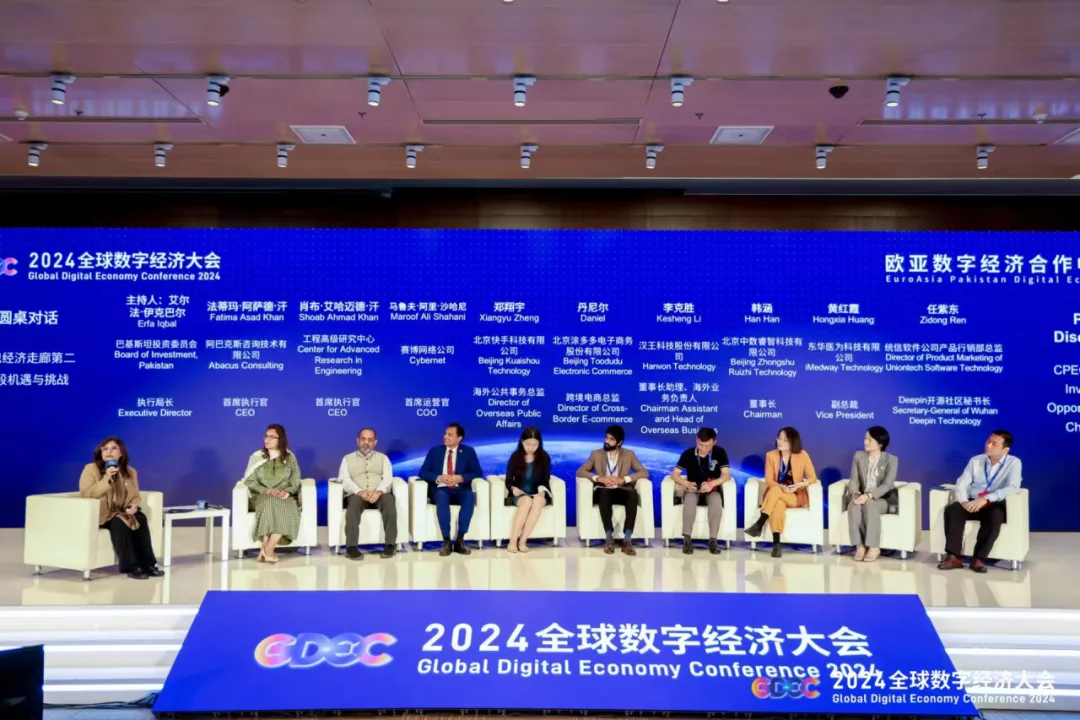
The China-Pakistan Economic Corridor (CPEC) is a flagship and landmark project of the Belt and Road Initiative, and a symbol of China-Pakistan friendship. What are the new opportunities and challenges brought by the technological revolution and industrial changes for the construction of the second phase of the China-Pakistan Economic Corridor? In the first roundtable dialogue session, Erfa Iqbal, Executive Director of the Pakistan Board of Investment, moderated the conversation, with Fatima Asad Khan, CEO of Abax Consulting Technologies Ltd, Shoaib Ahmed Khan, CEO of the Center for Advanced Studies in Engineering, Maaruf Ali Shahani, COO of Cyber Networks, Xiangyu ZHENG, Director of Overseas Public Affairs of Beijing Shutterbugs Technology Co. Daniel, Director of Cross-border E-commerce, Beijing Tuduo E-commerce Co., Ltd; Kesheng LI, Assistant Chairman and Head of Overseas Business, Hanwang Technology Co., Ltd; Han HAN, Chairman of Beijing Zhongdian Rui Zhi Technology Co., Ltd; Hongxia HUANG, Vice President of Donghua Medical Technology Co., Ltd; Zidong REN, Director of Product Marketing Department, Unisys, and Secretary General of Deepin Open Source Community, and other entrepreneurs exchanging ideas on the same stage.
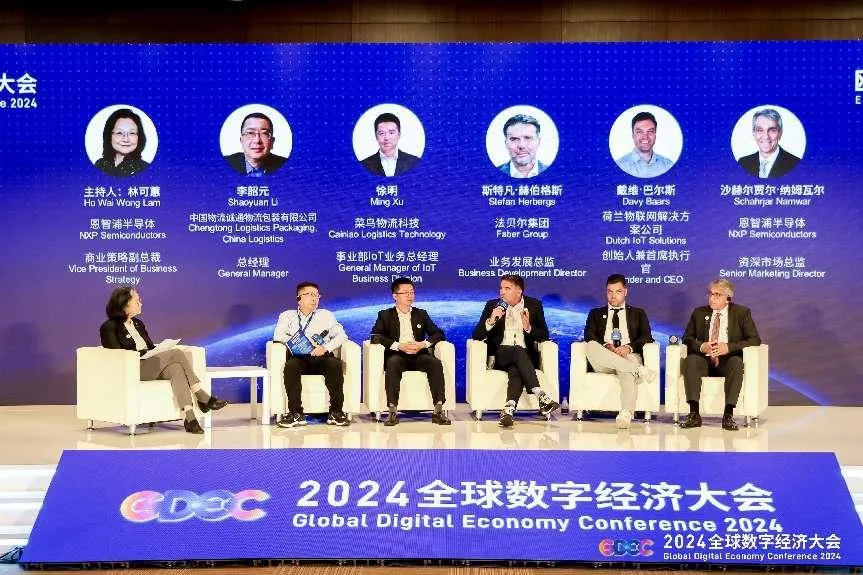
The construction of digital infrastructure is an important part of Eurasian cooperation, and smart logistics will bring new growth to the development of the global digital economy. At the forum, the guests launched a roundtable discussion on the topic of “ digital empowerment of smart logistics ”. NXP Semiconductors vice president of business strategy Ho Wai Wong Lam hosted the dialogue, China Logistics Chengtong Logistics Packaging Company Limited general manager Shaoyuan LI, Caijiao logistics technology division of the IoT business general manager Ming XU, Faber Group business development director Stefan Herbergs, the Netherlands Internet of Things solutions company CEO and founder David Bars, NXP Semiconductors senior marketing director Shahjal Naum Wahl participated together.

Before the forum, guests from various countries intensively exchanged ideas around the Eurasian digital economy cooperation, colliding many cooperation opportunities and industrial projects. At the forum, the first project result - NXP Semiconductors Circular Economy and Intelligent Logistics Pilot Project officially signed a memorandum of understanding.
After the forum, entrepreneurs who came all the way from Pakistan set up an inquiry desk at the conference site to interact with on-site enterprises and discuss cooperation.
Taking this Forum as a starting point, new cases, new models and new achievements will continue to emerge from EuroAsia Pakistan Digital Economy Forum and even EuroAsia countries. China, Pakistan and even the Eurasian region digital economy cooperation will continue to deepen, toward the “opening of a new era of digital intelligence, sharing a new digital future,” a better vision.
It is reported that the 2024 Global Digital Economy Conference was approved by the State Council and organized by the Beijing Municipal People's Government and the State Internet Information Office. The conference has set up a framework of “1+6+3+N” activities, including an opening ceremony and the main forum, six high-level forums, three branded special events, and a number of thematic forums and series of activities. The conference invited more than 300 important foreign guests from more than 50 countries and international organizations, and nearly 1,000 people from home and abroad attended the opening ceremony. At last year's conference, Beijing issued a cooperation initiative to Global Digital Economy Conference partner cities, and this year, the “circle of friends” of partner cities has been further expanded.
Share to Friends
